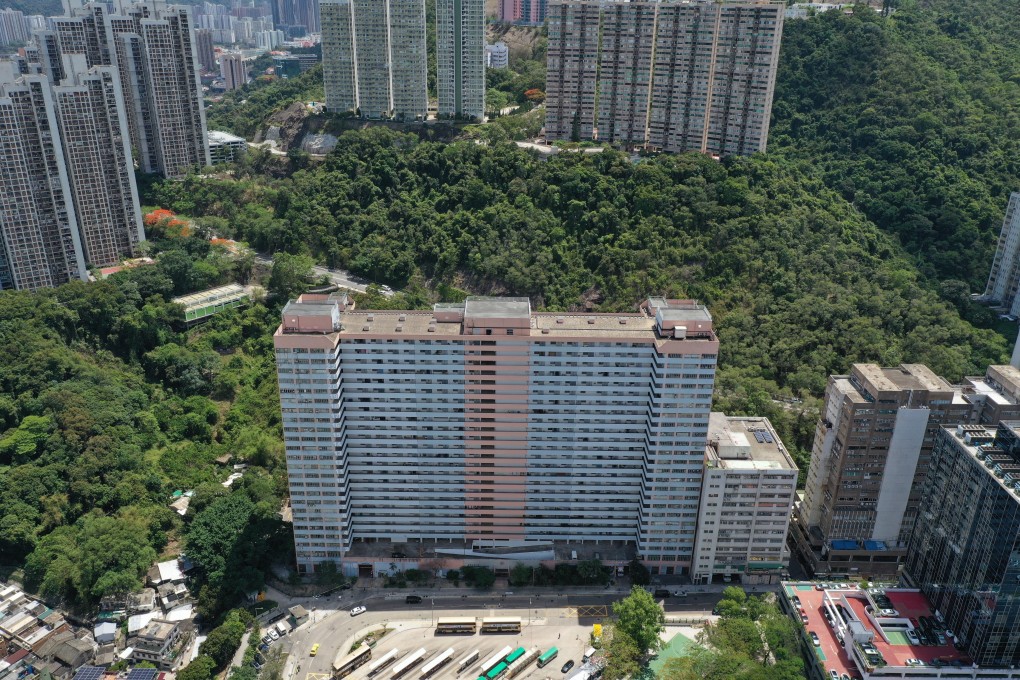Three Hong Kong factory sites will be redeveloped into 4,200 flats to bolster public housing supply
- Housing Authority factory estates in Kowloon Bay, Fo Tan and Cheung Sha Wan are to be converted into residential areas by 2031
- Plan follows Hong Kong leader Carrie Lam’s call for the authority to look at redeveloping such sites to help address years-long waiting times for public housing

Three factory estates in Hong Kong will be redeveloped to provide more than 4,000 new public flats over the next decade, the Housing Authority has announced.
The plan stems from Chief Executive Carrie Lam Cheng Yuet-ngor’s call in her 2019 policy address for the authority to explore redeveloping its industrial estates to increase public housing supply.
Four of the six estates studied were deemed technically suitable for housing, but the process would only launch for three of them because of a court challenge against the fourth site, which could host 600 flats, according to an authority statement issued on Monday.
The three factory estates – Yip On in Kowloon Bay, Sui Fai in Fo Tan, and Wang Cheong in Cheung Sha Wan – are expected to be converted into residential areas providing 4,200 flats by 2031.
Hoi Tai and Chun Shing factory estates, in Kwai Chung and Tuen Mun respectively, were not considered feasible for housing development on the grounds of substantial noise, air quality and odour issues.
Hong Kong is the world’s least affordable housing market and the average waiting time for public housing has climbed to 5.8 years, a 22-year high.
Scott Leung Man-kwong, vice-chairman of the Federation of Public Housing Estates, called the move a “good starting point” and said the redevelopment of the three industrial sites was a better use of space in land-starved Hong Kong.
“The Housing Authority took the first step to redevelop its factory estates for affordable housing, which can set an example for owners of other industrial buildings and factories to do the same,” he said. “This is a new direction that the government can explore to boost land supply for housing.”
